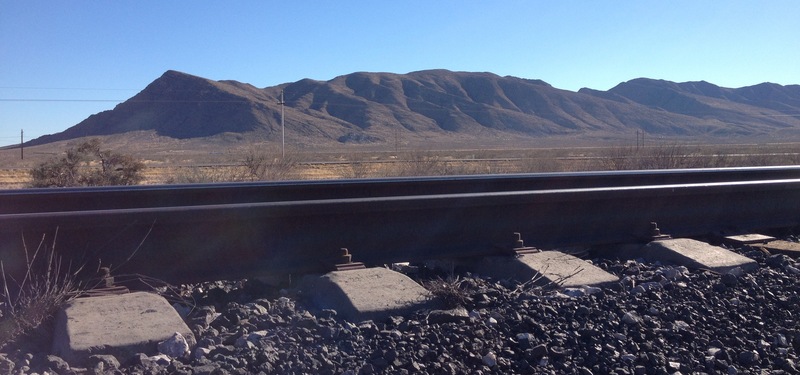Mexico has given me a wealth of unforgettable moments. Those seconds in which all time stands still while you analyze just what exactly is happening. Most left me with a huge smile on my face but some made me very sad.
While riding through the state of Guanajuato, my father and I spent a lot of time next to the train tracks. Almost everyday we would ride parallel to them as we made our way south.
Every time we entered a town where the train made stops, we saw men and women from all over Central America begging for food and money. It was such a sad scene.
“I can’t believe they (Central Americans) travel all the way to the United States by train and on foot,” my father said from Frenchie’s back.

A migration that is hard to believe but that is becoming more and more common due to extreme desperation. Today, there are more than 3 million Central Americans living in the United States. The great majority of them arrived there afoot.
“I left Honduras 25 days ago,” Jose told me as my father passed him a sandwich.
With little to no money in his pockets, a jacket and the clothes he had on his body, Jose jumped into a train cart in Tegucigalpa. The lack of jobs and opportunity in Honduras drove him to embark on a journey north to the United States in search of a better life for him and his family.
In Veracruz I had another opportunity to speak to these brave travelers. While in Tierra Blanca, I went to the train tracks with my camera and interviewed a few people begging for food. I met a young woman from Honduras who has been trekking for a month. She told me about how she was robbed once and saw a person fall of the train one night losing his arm on the tracks.
“This trip is very hard but I need to get to the United States to send money to my two daughters,” Karla Marisela Amaya Rios told me.

I was so sad after speaking to Karla and seeing all of these men and women in search of food continuing their trek north. Along their hard road, they will face many hurdles. Long days, cold nights, and danger from criminals.
A volunteer at a hostel for immigrants in Tierra Blanca, Marie de los Dolores Gomez dedicates her life to helping the travelers passing through her town. According to her the hostel hosts on average 100 immigrants daily.
“We estimate that for every 100 people that enter the hostel, there are another 500 out there begging for food and money,” she told me.
Marie explained to me how many of the immigrants arrive in horrible conditions here.
“This migration is extremely dangerous and hard. Women are forced to pay for the trip with their bodies, people fall off trains and starve to death,” Marie said.
I have been extremely affected by this migration. I would love to document this migration one day with a camera.

